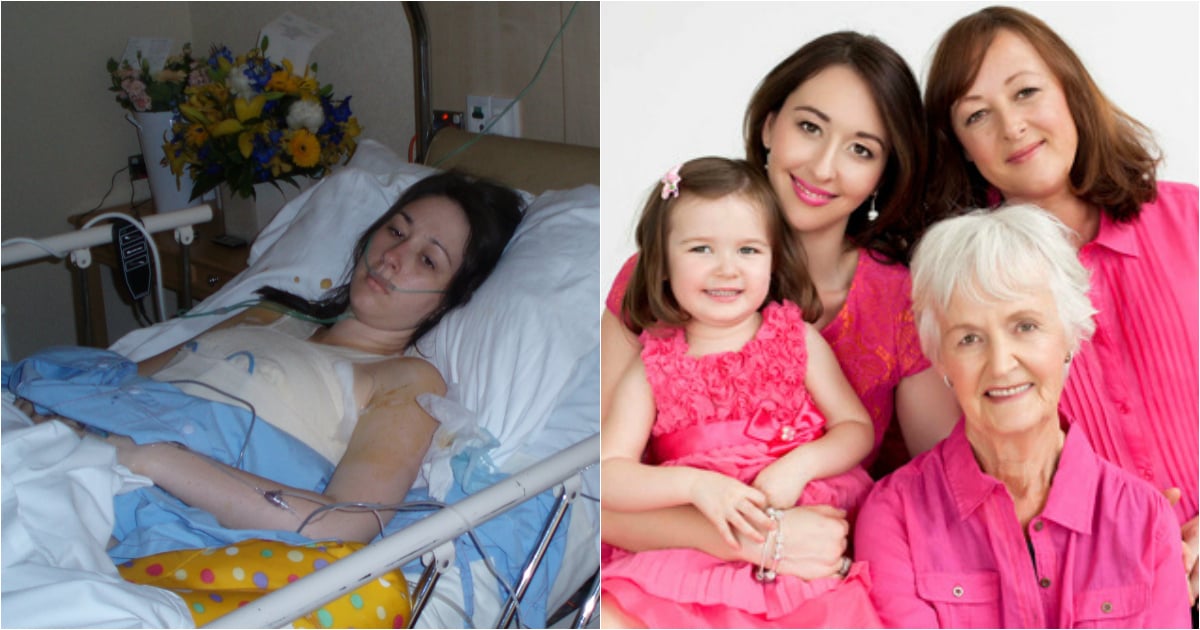I grew up hearing that the women in my family were ‘cursed.’ Breast and ovarian cancer has affected my family for generations.
My great-grandmother died at 68, my Nan Val was diagnosed at 44 with breast cancer and my mum Julie was diagnosed at just 36… and that was just my family. Across my extended family it was even worse. Women were dying often in their 30s and 40s.
I can remember the moment my mum and nan told me we finally had an answer. We carried a gene mutation. We were one of the first families to be tested in Australia. But that also meant minimal information and no support. After years of burying my head in the sand, I decided to be tested after having my first baby at 22.
I knew even though this was scary, it was better than the alternative… cancer. I came back positive. Positive for the BRCA gene. I felt this weird combination of gratefulness and panic.
After three anxious years, weighing my option and coming to terms of my mutation-status, at the age of 25, I decided to undergo a preventative mastectomy after it was discovered I already had precancerous cells. I knew my risk was real, latest estimates put women who carry the BRCA gene at a 72 per cent risk for breast cancer and up to 65 per cent for ovarian cancer. It wasn’t just in my mind… Science even backed me on it.
Recovering from the surgery, I laid in my hospital bed feeling very sorry for myself. Here I was a 25-year-old young mum with no breasts and looking at my own mum and I said… no way! I am one of the lucky ones… I didn’t have cancer.

